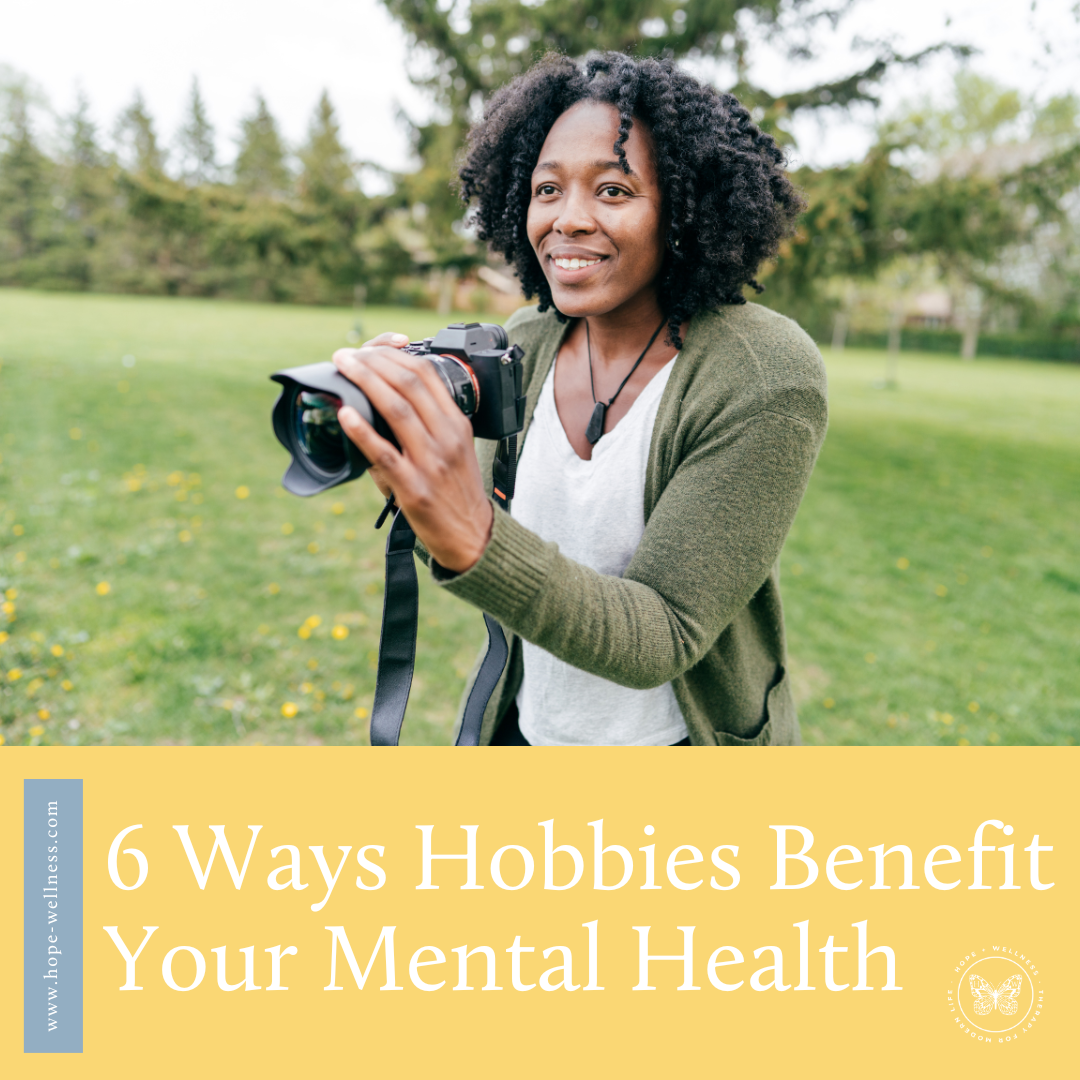What Does it Mean to Take Care of Yourself? 7 Blogs to Help You Practice
What does it mean to take care of yourself?
Is self care about making your life as easy as possible? Is it about making sure you’re always happy? Does it mean that every off feeling we have can be solved with a quick little treat?
At this point, I think we all know self care is a little more complex than that! True self care isn’t about avoiding difficult situations or banishing “negative” feelings; it’s about making sure you’re doing what you can to provide yourself with the tools and skills you need to manage those hard moments and tricky feelings when they come up. Self care is about noticing what needs tending to, and finding appropriate, compassionate ways to tend to them.
That’s, of course, much easier said than done. Self care requires a lot of skills we aren’t necessarily taught, and it asks us to patient and compassionate with ourselves and others as we develop those skills. Some of them are easier than others; it’s easier to get yourself to stretch or go for a walk when you feel your body to start to ache than it is to figure out how to express an unpleasant emotion to someone you care about.
To help you practice, we’ve gathered 7 of our favorite posts that cover skills you may not even realize are self care practices:
Do you struggle to motivate yourself to do boring life tasks?
Getting started is often the hardest part, especially when the task itself is so massive it feels like even if you start you’ll never finish. When you tell yourself “I don’t have to finish the dishes, I just have to start them” you’re easing that pressure. Chances are? You’ll realize doing the dishes isn’t actually that bad and you’ll just finish them. And if not? Then some of your dishes are clean now when they weren’t before!
Read How to Motivate Yourself to Do Boring Life Tasks.
When you think of self care practices, do you ever consider your social media?
For every positive aspect of social media, there’s an equal and opposite negative action. Yes you’re able to keep up with friends, but do you remember that their lives aren’t as perfectly curated or posed as they seem on social media? Do you forget to check in with loved ones because seeing a facebook update makes you feel like you’ve already caught up? Do you get stressed from the information overload that can come with mindless social media scrolling?
Read How to Stop Social Media from Making You Feel Bad About Yourself.
Waking up with a ball of anxiety in your stomach every morning is not ideal.
It can leave you feeling like you don’t even want to get out of bed. That’s why it’s helpful to establish habits that you can use every day to carry you through on the days when your anxiety is spiraling out of control. It can be almost impossible to snap yourself out of an anxious spiral, especially without practice. That’s why it’s important to find anxiety-relieving methods that work for you and then practice them until they’re second nature to you. That way, the next time you’re feeling anxious and out of control, you have something to reach for to soothe yourself.
Read Daily Habits to Help Manage Anxiety in a Healthy Way
Telling someone you’re upset by something they’ve done takes a lot of courage.
It can feel like a risk–like they could be mad or upset or maybe even react unpredictably. It’s important to remember that while their feelings matter, you can’t control them and it’s not your job to prevent them from experiencing unpleasant emotions. It’s only your job to be honest about how you’re feeling and stick around to work through it if that brings up unpleasant emotions.
Read How to Tell Someone They've Hurt Your Feelings
How do you react when you feel angry?
For a lot of people, anger is a confusing emotion. Everyone feels anger, of course, but we often aren’t taught how to deal with anger in a healthy way when we are young. It can feel like the only way to respond to anger is through yelling or violence, but that’s a myth that stems from our anger-phobic culture.
Read 6 Safe Ways to Express Anger.
How does comparison harm us?
Most obviously, comparison usually makes us feel inadequate. Particularly when we’re comparing ourselves to a carefully curated version of someone else's life (like their instagram feed). We see amazing or exciting things people are sharing, and if we’re not in the middle of something amazing or exciting ourselves, it can make us feel like we fall short.
But it isn’t just us that it harms. Too much comparison can also be damaging to your relationships. When you’re constantly putting yourself up against someone else–out of either admiration or jealousy–you’re not seeing the other person as a full person. You’re only seeing the one thing that is provoking an emotional reaction out of you (a picture of their vacation, a post about their promotion, etc.) It can lead to jealousy, even resentment in your relationship.
Read How to Stop Comparing Yourself to Others.
Do you know how emotions feel in your body?
Emotions aren’t only felt in the mind. Our bodies react to our environments just like our brains do, and it can be helpful to connect emotions with body sensations so we can better understand what’s going on within us.











Sometimes summer is so busy it’s hard to stay on top of your mental health. Explore our tips to maintain your mental health this summer.